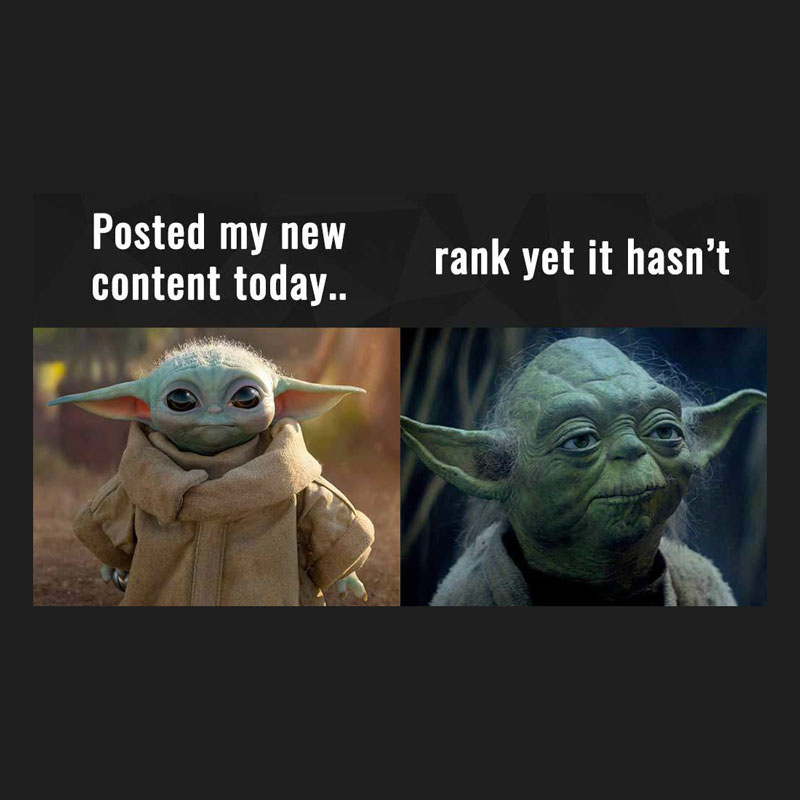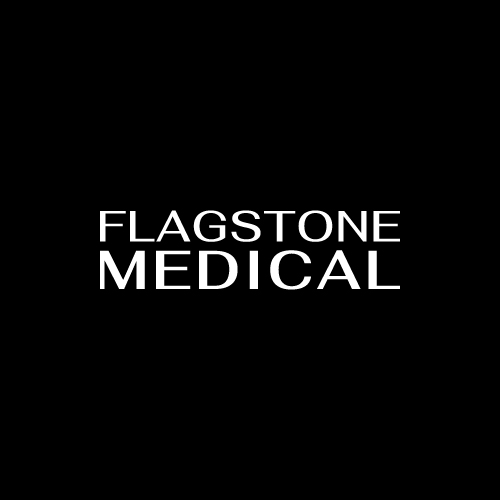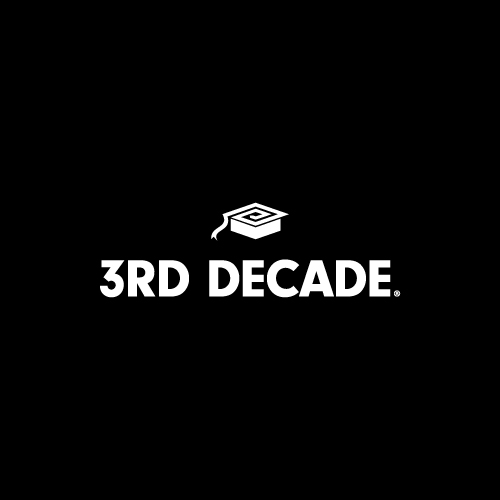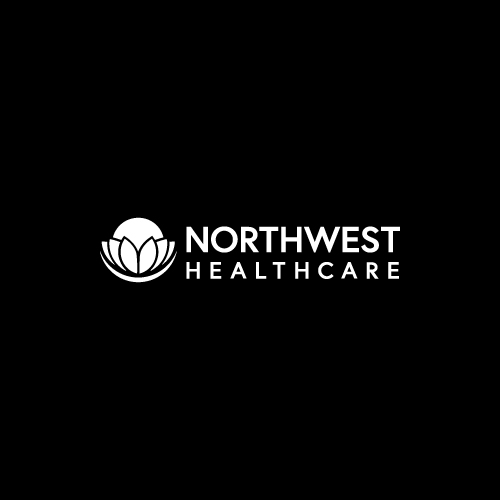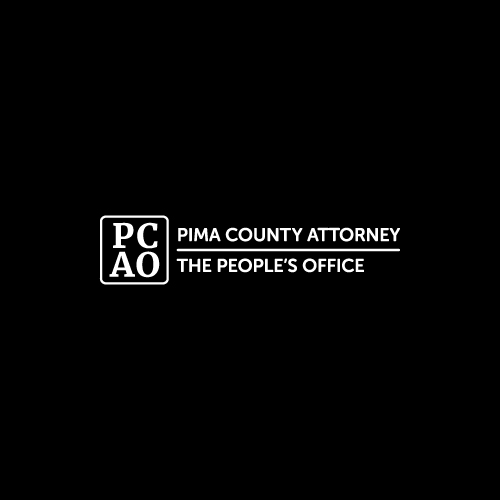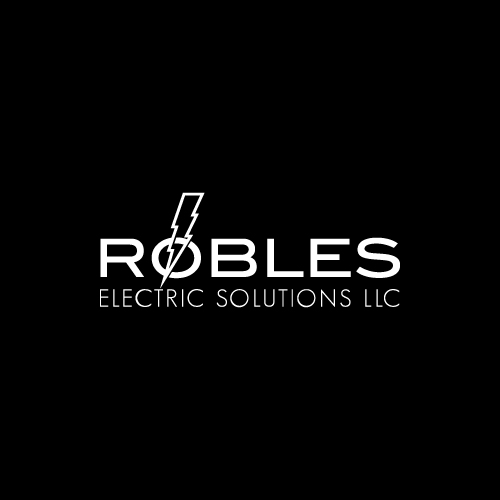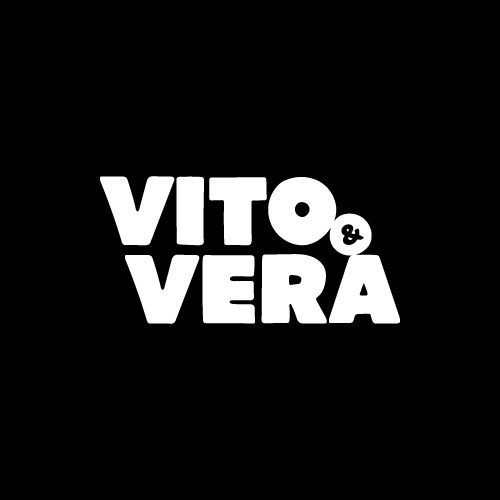Here we are, the third article in our series of good SEO tactics that Google is looking for today while deciding how to rank your website. You should now have a solid idea of what to focus on when writing quality content for your website and how to properly mark it up for general on-site SEO. If you didn’t read our last two articles, you may want to start there for the basics. This article is going to get more technical and go over good link-building strategies that should only be taken after the content and basic on-site SEO markups have been addressed.
Linking to and from other pages or websites helps highlight certain pieces of content for Google. In fact, there needs to be at least one outside link to your website to let Google even know that your website exists. Whether it is linking to another page on your own website to help further explain something in your content or linking out to another website for a citation or reference, it all should lend to supporting your topic. Google weighs the relevance of all links with the content of the webpage to help determine how well your piece will help the person looking for it.
Below, we will cover the different kinds of links you are going to be looking to integrate (or avoid) with each piece of content that you produce.
Internal linking
An internal link is a link that connects one piece of content on your website with another piece within its body. A big key to linking to your content (from internal or external links) is using anchor text within your sentences. Anchor text is the text that appears highlighted in a hypertext link and can be clicked to open the target web page. Ideally, you want to use anchor text that serves as a keyword you are targeting on the page that you are linking to.
Example: we would use the term “Tucson SEO” to link to our SEO services page to show Google that we are focusing our content on ranking for that keyword, specifically for that page. Within the post, this anchor text acts as a reference or citation for that section of the content to help your user learn more about that topic, in particular.
We like to make sure to use the anchor text organically in the content. While we keep search engines in mind, we always write for our user/reader and work on certain SEO elements, after the fact, where they fit. Google’s latest update BERT helps Google better interpret natural language searches and understand the context. So consequently, this isn’t just good for your users, but for Google too. This is something we like to do in blog articles to help shuffle users from a piece of content into a service/product page, turning them from just users into customers.
Outbound links
Next, we want to link off of your website too. In fact, for ranking sake, outbound links are believed to be more influential than internal links. It is because the link “equity” is higher. This is because search engines see these as a third-party vote for your website. This is comparable to having reviews on your website. Google values what others have to say about your website or business over what you have to say about it. When linking out from your website, we always recommend them to be a ‘follow’ link so that Google is indexing the reference. Also, we like to link them so that it opens a new tab. That way, the user can easily go back to where they left off on your website if they clicked out of it. You can do this by adding the target=”_blank” attribute to the link HTML. Lastly, make sure that you are linking to a page that has a good domain authority and also is super relevant to the content that you are writing about.
Inbound links
An inbound link, or a backlink, is any link that comes from a website other than your source domain and links to any page on your website. Having a good backlink strategy is important to your overall SEO rankings. Google needs to see links going to your website for it to be indexed. The more referring domains, the more “votes” there are for your website and its relevant content. Backlinking is arguably one of the most important aspects of an off-site SEO campaign (On-site SEO is still the most important thing for ranking your website).
Though this is the most important, you may find it to also be one of the most difficult things to accomplish. You want to link from high-trafficked and high domain authority websites to better show authority on the topic you are writing about. There is a good amount of research required to find the right domains to link from. Then, getting them to allow you to write content for their website or add your link to one of their relevant articles is really time-consuming and can get expensive. That’s right, most in-content backlinks cost money. Blog/forum comments used to be a highly-used backlinking tactic, and used to work, but have long since been less (if not at all) valuable in the eyes of Google. You really have to get into that content for it to hold weight.
NOTE: Though it is rumored that Google no longer looks at anchor text for your backlink quality, it is still a good way to organically place your link within the content.
Link relevance
This is by far the most important part of any of these linking strategies. The point of placing links pointing to your content or away from it is to enhance the content of your post or page. When you have a piece of content that is about subject A and you are linking to/from other domains that support subject A, then Google says your content really must be about subject A. When you do this for each piece of content on your website, it just shows Google that the information on your site is reliable, accurate, and worthy of a higher ranking than a competitor that isn’t practicing this strategy.
Google is looking for expertise, authority, and trust in all websites to help decide how to rank it for its targeted keywords. When all of your content together supports the type of product, service, or industry you are in, Google sees your website as an authority on the subject. When linking to or from your content, make sure that it really supports what you specifically wrote about. Linking to some irrelevant content can confuse Google and not help, or even hurt, your ranking.
Affiliate links
Affiliate links are link building practices that help track a user’s navigation from your website to another, usually in exchange for some kind of commission for any purchased products on the linked-to site. You might be most familiar with Amazon’s affiliates (even without knowing it). When you see an Amazon buy box on a website and you click into it and buy something, the site that you clicked from gets a small commission for the referral. This affiliate linking can be done with any eCommerce website from your website if you wanted.
The issue is, Google doesn’t like to see that there is any type of compensation for a backlink. This devalues what each link should be doing – organically enhancing your content. In most cases, however, Google handles affiliate links without any issues. To be safe, you can add your affiliate link with a nofollow attribute so that Google ignores the link and you still get your commissions.
Broken links
I think it goes without saying, but broken links are a bad user experience. It is frustrating clicking on a link and getting a 404 warning. Google’s bots experience the same thing, but instead of getting frustrated, they just don’t index your page. Since Google is after the best user experiences, these broken links can hurt or even kill your page rankings. It shows Google that you are not taking care of your website’s health and Google can quickly lose trust that your website will serve its users best. Google search console is a great and underused tool to find pages with broken links. Look for errors or excluded pages in the Index Coverage Report in your Google search console to start the investigation. You can also use programs like SEMrush and MOZ to easily find and repair pages with dead links.
Conclusion
Link building is a very important aspect of your website’s SEO campaign. To sum it all up, the number of domains and relevant content that links to/from your website is directly related to how well your website ranks for your targeted keywords. When you cite your sources, you are deemed more reliable and not just opinion. When others link to your website, you are deemed more authoritative. And when you link inside your own website, you make it easier for Google’s robots to crawl your pages and put it all together.
Contact us today if you would like to get a FREE report on your website. We will check:
- Your website overall health
- A full backlink audit to show all the sites linking to yours
- Check for any broken links on your website with the affected pages
- Full list of keywords that your website currently ranks for
